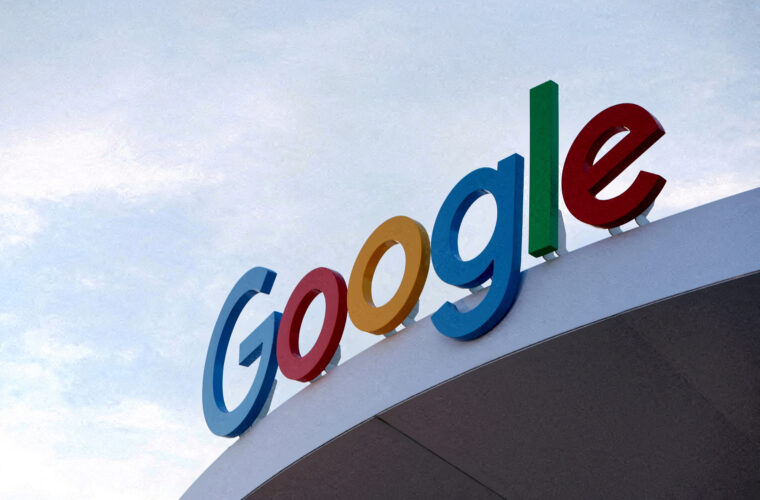Bill Gates: No sector has gained more space and importance over the last thirty years than technology. Like an unstoppable whirlwind, it has penetrated many fields of application and taken on a prominent role in our lives. Behind the devices, innovations, tools and visions that have changed the world are the people who, through intuition, luck or sheer stubbornness, have managed to open up new horizons, transform processes, invent jobs and create a new era. Today, technology is the beating heart of society, and the founders and CEOs of the most prominent companies are known, admired and envied for the enormous wealth they have accumulated. It was different in the past when technology did not exist, and information technology was an incomprehensible universe, the preserve of a few visionaries.
In the space of forty years, so much has changed, with the transition from desktop computers to ultrabooks, the arrival of the smartphone to replace the mobile phone, the smart home, the digital office, mobile working and virtual reality. These transitions have been made possible by companies driven by human genius, encapsulated in the names that have written defining pages of contemporary history. To trace the key stages of this journey, today, we begin a column dedicated to the people who changed the world. If we look at those who first began to create a new social order, the first on the list is Bill Gates.
Vision and execution are the perfect combination
The name of William Gates III, known to everyone as Bill, is inextricably linked to Microsoft, a company founded in 1975 by the 68-year-old from Seattle with Paul Allen, a trusted classmate and fraternal friend who died in October 2018 at the age of 65. If we had to explain the importance of Gates to an alien, it would suffice to say that Microsoft was the company that brought the personal computer into every home and, on the eve of its 50th anniversary, is now the world’s most valuable company, ahead of Apple, Nvidia, Alphabet and Saudi Aramco.
From these few words, it is easy to see how Gates’ great achievement has been to open up a path unknown to the rest of the world and to take the self-made man’s path to the top. The cards to excel were already on the table in his teenage years because, in the 1960s, it was rare for a boy to dabble in writing computer programs as he did. However, what made the difference for Gates was his ability to combine vision with execution, which is summed up in his belief that the future success of the PC is the key to the spread and understanding of programming languages. By vision, Gates meant a sense of money, as evidenced by his refusal in the 1970s to share code, a common practice among small computer companies, instead of licensing it for use.
The face of Bill Gates
For digital natives, it is surprising to discover that much of Microsoft’s power over time was due to IBM‘s lack of foresight in abandoning the development of its own operating system due to the high cost of doing so, in favour of the Redmond company. As a result, the Microsoft Disk Operating System (MS-DOS) quickly spread far beyond expectations, lining the pockets of Gates and Allen.
The process was unstoppable because from then on, every new PC would use Microsoft’s operating system in the various versions that followed over the years. When you consider that IBM estimated that it would sell 200,000 PCs in five years, whereas it sold 250,000 in the first 10 months, you can understand how much Microsoft’s success was due to the short-sightedness of the International Business Machines Corporation. If they had bought the software and then licensed it to other manufacturers, we would never have heard of the rise of Bill Gates.
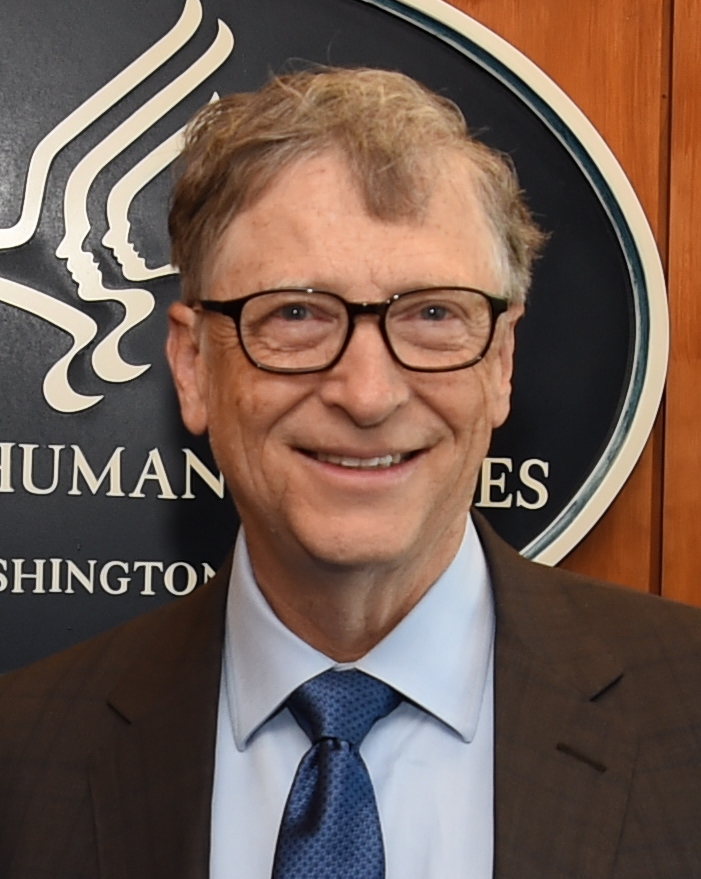

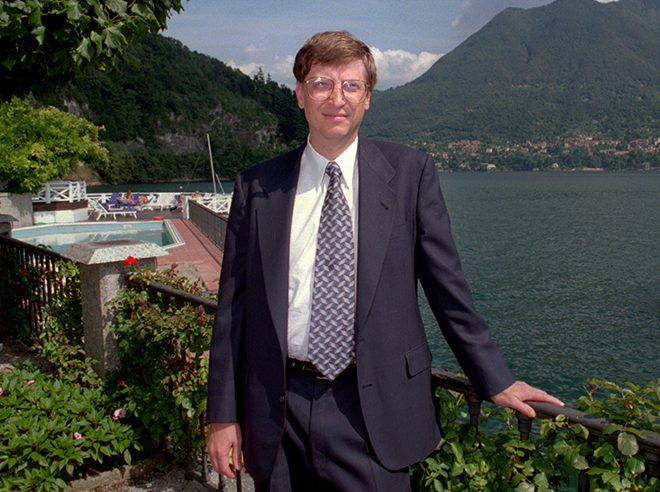
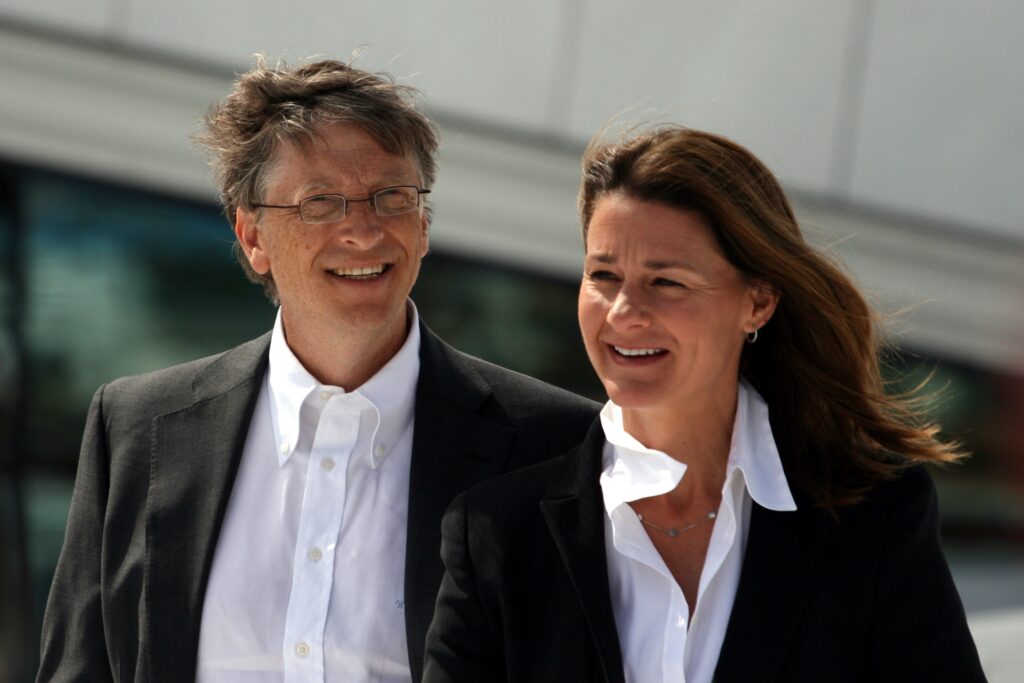
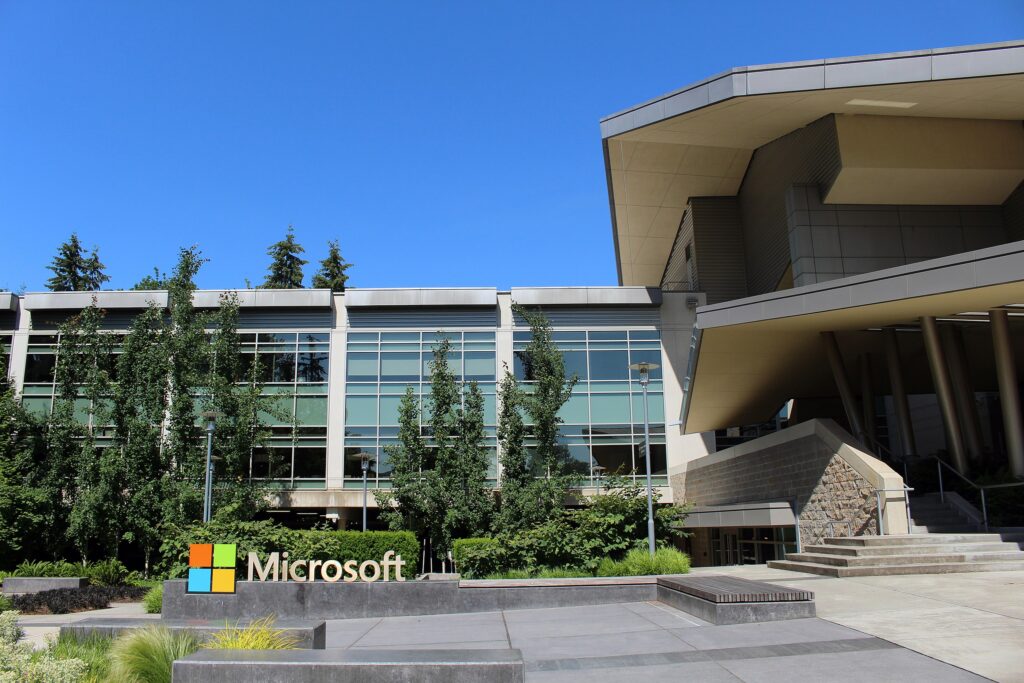
The second life as a philanthropist
It was Gates’ good fortune to foresee the revolution in personal computers and to develop the software needed to use them before others did. He was always in a battle with his friend and rival Steve Jobs, with whom he shared a rejection of university in favour of entrepreneurship. ‘I failed some subjects in the exams, but my friend passed them all. Now he is an engineer at Microsoft and I am the owner of Microsoft,’ Gates said after his early successes, deflecting questions about a choice that was as surprising as it was unusual at the time.
Long the world’s richest man, until Jeff Bezos overtook him and Elon Musk followed, Gates showed his fellow billionaires the way by gradually leaving his operational roles in the company to enjoy life and try to make the world a better place. With the Bill & Melinda Gates Foundation, named after him and his ex-wife, whom he met shortly after joining Microsoft, the entrepreneur gave way to the philanthropist. Billions have been donated to charity to support projects in less fortunate parts of the world and, above all, to support medical research and the development of sustainable models. Gates described this vision as creative capitalism, calling for a system in which corporate-led technological advances look beyond profit to spread development and prosperity to the backward areas of the world that need it most.
Recent history has moved in a different direction, but it is indisputable that Gates has distributed huge sums of money to charitable causes without compromising his wealth. This continues to grow thanks to numerous properties ranging from transport to tourism, from food to healthcare. Also on the long list of sources of income is Microsoft, with 103 million shares currently worth just under 40 billion dollars—enough to keep you smiling.



